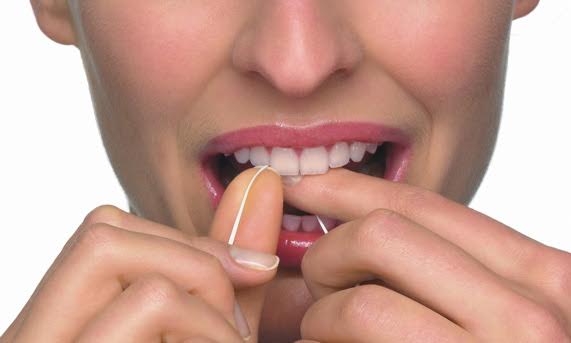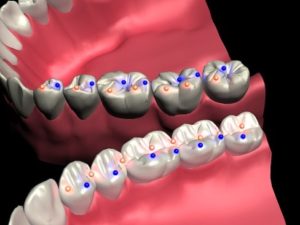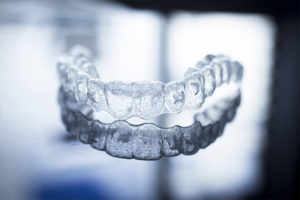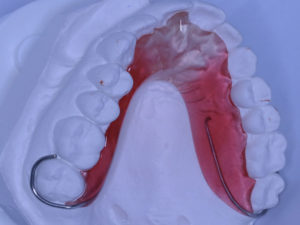Do you REALLY need to floss? You may have heard in recent news that flossing is not as effective as everyone thinks. The claim stems from an investigation by the Associated Press (AP) into why the recommendation for flossing was removed from the latest Dietary Guidelines for Americans (2015). The US government acknowledged, when questioned by AP regarding the controversial decision, that the Guidelines are written based on scientific evidence and given that the effectiveness of flossing has not been thoroughly researched, it was omitted from the latest recommendations.
To support the argument, AP looked at 25 studies over the past several decades, comparing the use of toothbrush only with that of both toothbrush and floss. The evidence showing improved plaque removal were “weak”, “unreliable”, “of low quality”, or “carries a moderate to large potential for bias” (1).
As expected, the dental community has been swift in response. The BC Dental association has released the following statement:
“The British Columbia Dental Association encourages patients to remove plaque and food from all surfaces of their teeth on a daily basis as an effective way to reduce their risk of gum disease and tooth decay. Careful daily brushing and flossing above and below the gum line along with limiting high sugar food and drinks remain simple but important steps to maintain your oral and overall health.”
Other dentists, hygienists, and other dental professionals have attempted to dissuade AP’s investigations by citing other studies and/or have been up at arms at how the media is capitalizing on the controversy with attention-grabbing headlines.
So what do we think about this at the Marshall Clinic? Let’s look at the pros and cons of flossing:
Pros:
- Flossing is relatively inexpensive
- Flossing takes less than a minute to do
- Flossing removes food stuck in between your teeth that toothbrushes cannot get at
- Flossing helps with removing plaque in between teeth (above and below gums) in places that cannot be reached with brushing
- According to research looked at by AP, this has not been proven scientifically but I think most people would agree that this is common sense
Cons:
- Flossing is a hassle (we have all been there)
- Flossing with incorrect techniques can potentially damage your gums (but so can aggressive brushing)
So should I really stop flossing? From someone who sees plaque/food stuck in between teeth on a daily basis on non-flossers (through 2.5x magnification no less), regardless of what studies have said so far, I’d stick to flossing myself.
Flossing is one of the best ways to reduce inflammation in your mouth……the biology of the bacteria that live in our mouths is dynamic, and in the absence of flossing will tend to shift towards for aggressive strains of bacteria which release enzymes and toxins into your gum tissues creating inflammation……it is this inflammation that can lead to bone loss if you are susceptible and can have impact on other health issues such as cardiovascular disease, diabetes, and fetal development.
More thorough research will be underway given the new spotlight on flossing. In the meantime, try flossing after you brush tonight. If there’s stuff on the floss, that means the floss is probably doing something.
Article prepared by: Dr. Matthew Choi, B.Sc. DMD from The Marshall Clinic in Vancouver.
References:
1. http://www.cbc.ca/news/health/dental-floss-1.3703798








